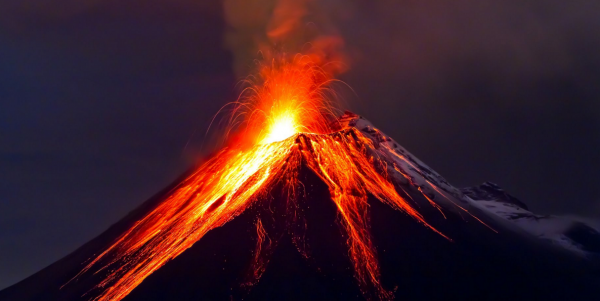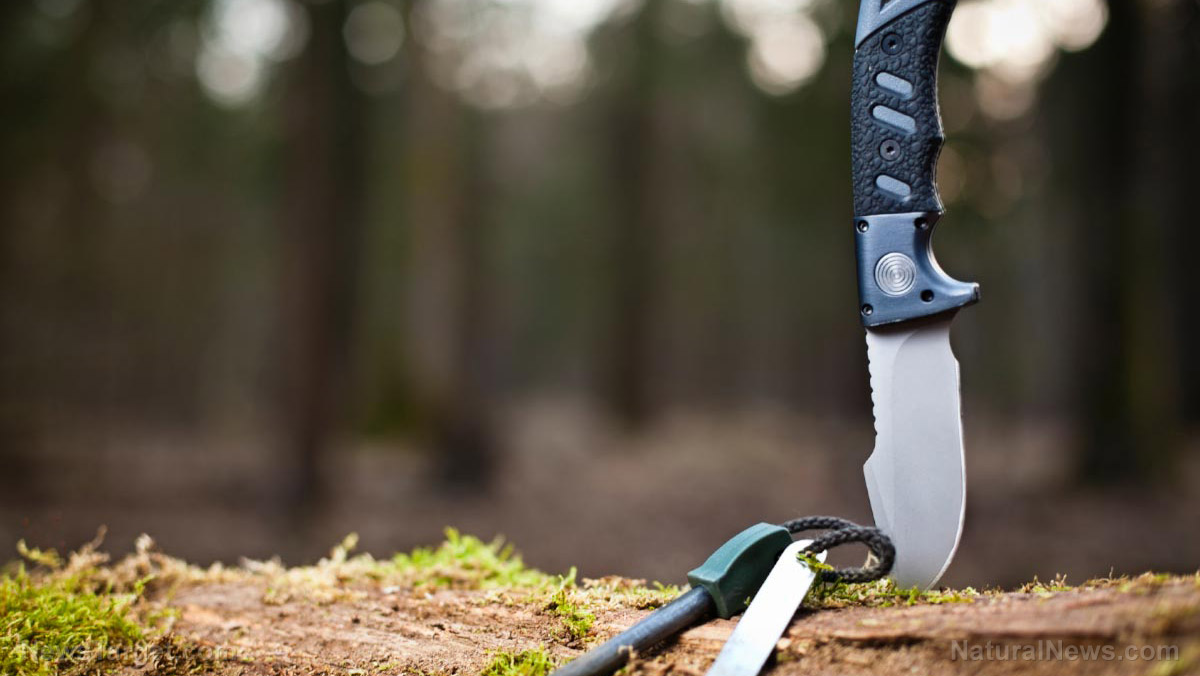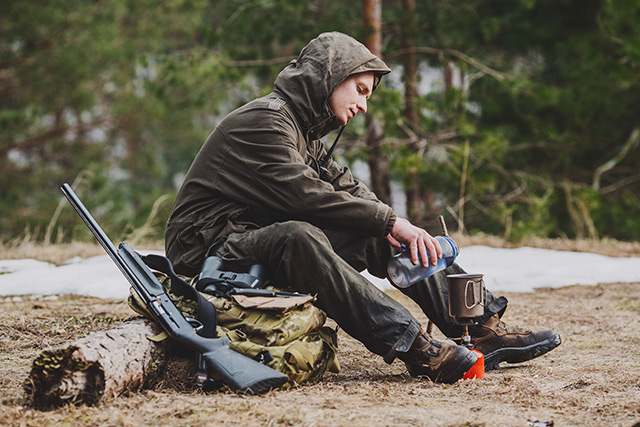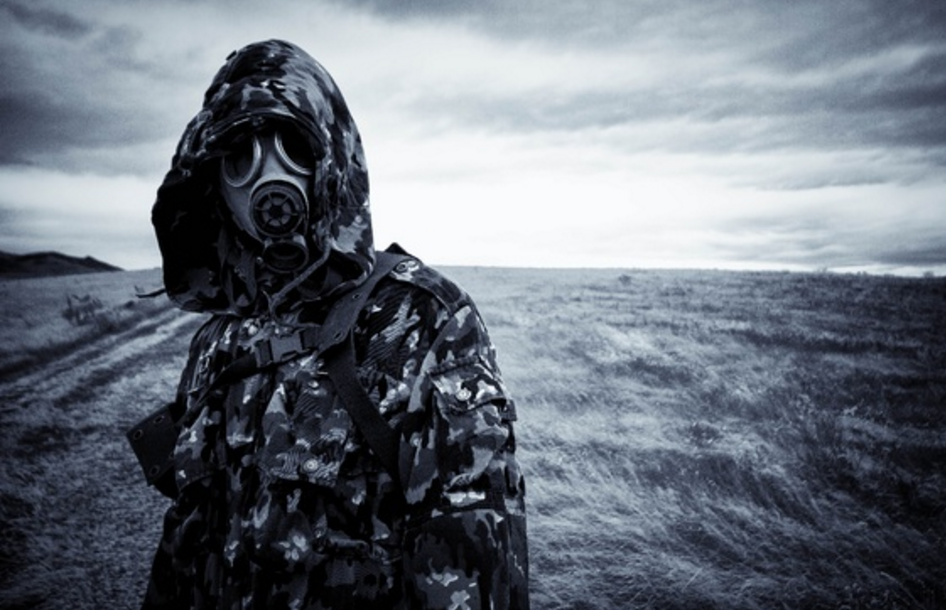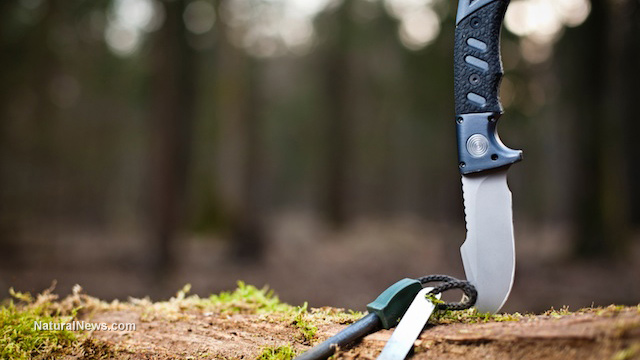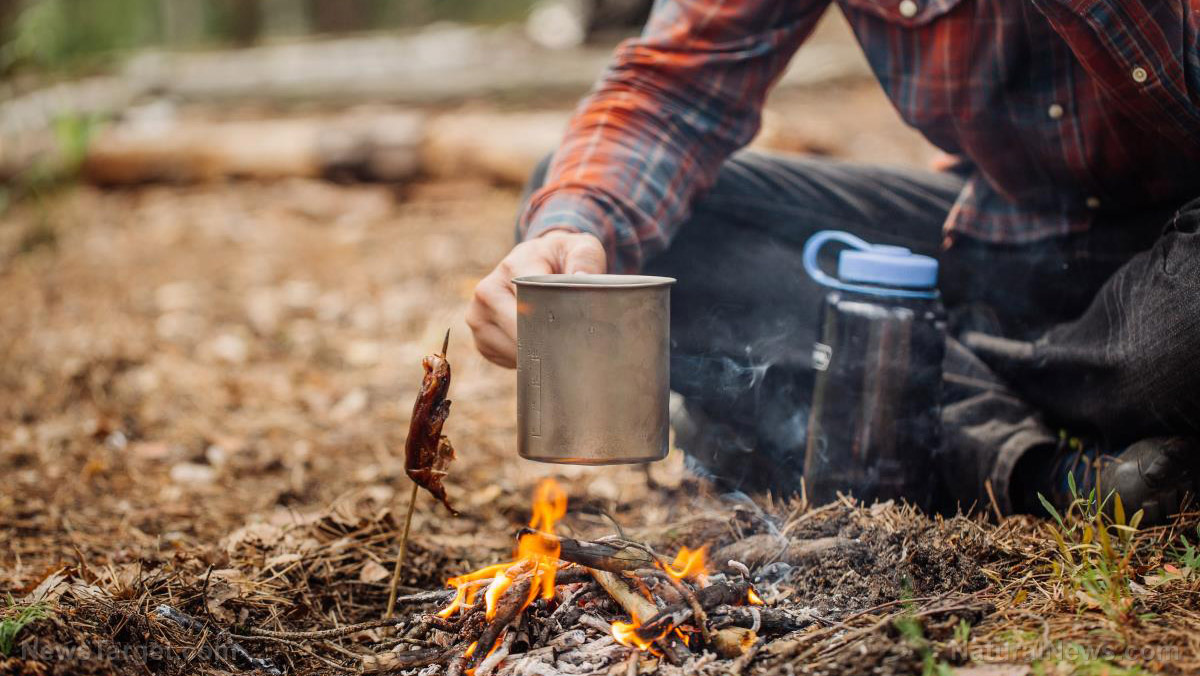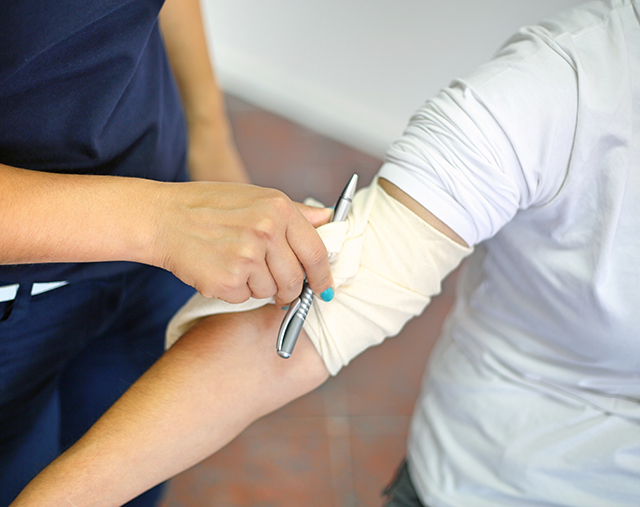When people think of natural disasters, nine times out of 10 it’s a blizzard, thunderstorm, or hurricane that comes to mind. Volcanic eruptions, on the other hand, typically aren’t considered very often, primarily because most people know full well that they will never be threatened by one. But, while you may never have to deal with molten-hot lava creeping towards your home or ash raining down from above, knowing how to prepare for a volcanic eruption is still worth it – you never know when you will have to put this knowledge to use.
Know the facts
Before you start taking the necessary to steps to prepare yourself and your loved ones for a potential volcanic eruption, it’s important that you know the basics.
First, realize that while most people believe that volcanoes are giant cones with smoke and fire spitting out of the top, the reality is that most volcanoes can remain active without displaying any physical signs of activity for thousands of years.
Also, know that volcanoes can take a number of different forms. Some, like the one that exists in Yellowstone National Park, look more like flat land than your typical cone-shaped volcano. Others, of course, look like giant hills, making it hard at times to distinguish between mountains and real volcanoes. Knowing these facts can go a long way when it comes to preparing yourself for a volcanic eruption. (Related: Lava from an active Hawaiian volcano is threatening a geothermal power plant.)
Don’t become a victim and gear up
In order to decrease the chances that you will become a victim of a volcanic eruption, one of the most important things that you can do is to monitor volcanic activity reports using NOAA radios and then get out of the area as quickly as possible if authorities believe that an eruption is going to take place.
You should also know several escape routes so that you can quickly and efficiently get to safety. This, too, is very important, especially considering the fact that most roads will likely be blocked by fire, thick ash or lava flows. (Related: A massive volcano eruption is now imminent in Tanzania.)
If escape is not an option, then you need to close all of the windows in your home, block chimneys, and take cover underneath the sturdiest part of your roof. While even the most solid homes will likely be no match for a lava flow, taking these steps can at least give you a chance and help you achieve protection from falling ash.
As explained by Happy Preppers, some of the most important gear that you can have when prepping for a volcanic eruption includes chemical light sticks, a helmet, goggles, a gas mask, gloves, and a map and compass for navigation.
If you find yourself near a volcano that is getting ready to erupt and you’re without a gas mask, then you can use a damp cloth instead and use it to cover your nose, mouth and skin. Stock up on medical items that you can use to treat burns and orthopedic injuries, and always have flashlights ready to go as well – one for each member of your family.
DoomandBloom.net recommends creating a “G.O.O.D.” bag for your pets, which includes sturdy leashes, bowls, toys and beds, provided the latter is easily transportable. Even though your own personal safety should be top priority, you’re going to want a way to keep your four-legged friend out of harm’s way as well.
Even though most of us will never have to outrun a lava flow or seek shelter from a giant cloud of ash looming over our heads, knowing how to prepare for a volcanic eruption is still important. Who knows? Maybe one day this information will mean the difference between life and death.
Sources include:
DoomandBloom.net
HappyPreppers.com

